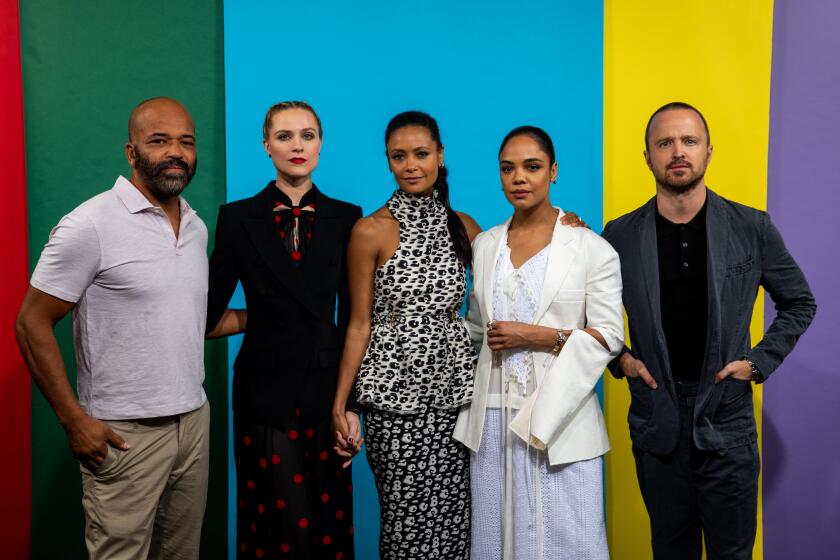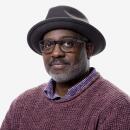Meet the ‘Westworld’ panel moderator who showed Comic-Con how it’s done
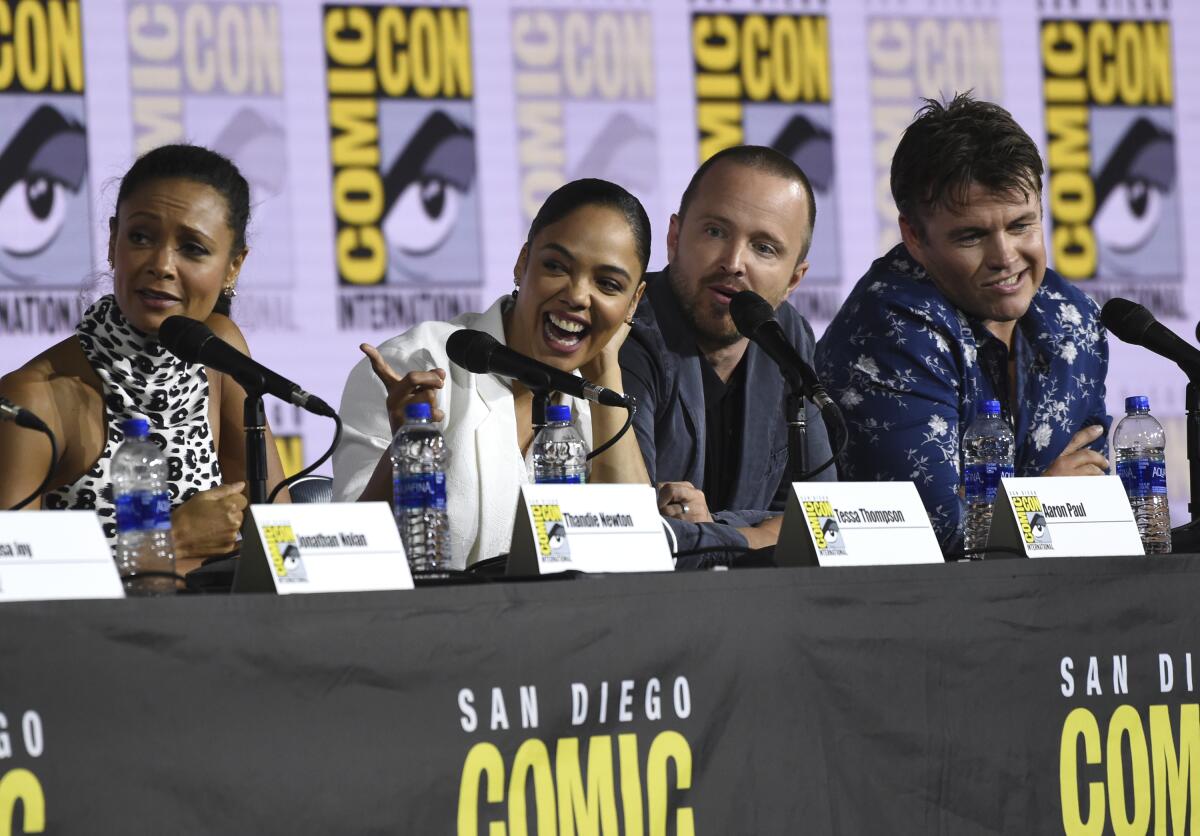
- Share via
When your TV series is about the creation of artificial intelligence, the origins of consciousness and the consequences of mankind’s arrogance, it makes sense to have a futurist moderate your Comic-Con panel.
And so it was for Season 3 of HBO’s “Westworld,” whose new trailer wasn’t the only source of questions during the series panel in the San Diego Convention Center’s Hall H. More than a few thought-provoking queries came from the panel’s host, Amy Webb, futurist and professor of strategic foresight at New York University’s Stern School of Business.
Thandie Newton, Evan Rachel Wood, Tessa Thompson, Jeffrey Wright and newcomer Aaron Paul discuss the series’ complex plotting.
Before you ask what a futurist is, know that they don’t actually make predictions. According to Webb, with so many variables in play, there’s no accurate way to do that. Science fiction, “Westworld” included, can use futurists’ principles, but that’s about it.
“Futurists develop data-driven models that describe plausible outcomes. Sometimes they’re catastrophic, sometimes they’re neutral — but always, they’re creative and pragmatic. I realize that sounds like some kind of strange paradox,” Webb said when reached for comment following the conclusion of this year’s convention.
Webb led a cerebrally intense discussion with the “Westworld” panelists — creators Jonathan Nolan and Lisa Joy and cast members Thandie Newton, Aaron Paul, Tessa Thompson, Evan Rachel Wood, Jeffrey Wright and surprise arrival Luke Hemsworth — about the moral and ethical implications of artificial intelligence, free will and the role of technology in our lives, the actors’ lives and the lives of the characters portrayed on the show.
After asking questions about the characters — and the fact that some who were thought to be dead were, in fact, on the stage — Webb launched into the first topic that let the audience know this was not going to be the normal fan/host Q&A: Are Nazis malware?
Though a far cry from the softballs that tend to be thrown on the Hall H stage — and in plenty of other celebrity interviews — the question was rooted in an understanding of the characters, how they interact and have developed and how realistic their behavior is given the state of AI technology.
“In Season 2, we see the hosts gaining humanistic values, like empathy and revenge,” Webb told The Times. “Maeve, Dolores and Bernard are all learning just like we humans do using positive reinforcement techniques. It’s a good depiction of how AI systems are trained in real life. On the show, we see heritability too. Dr. Ford has encoded his values and goals into Dolores. And then, in Season 2, Dolores made decisions when she created Bernard. This reflects the real world of AI.”
The depth of Webb’s knowledge and complexity of her questions froze everyone on stage and many in the audience, even becoming a bit of a theme. Two questions, one directed toward Thompson and one toward Wright, also struck a chord. For Thompson, it was: As an actor, do you think you have free will?
“It’s been a job for me that continues to surprise me. I like being in the moments where I feel like I don’t entirely have free will. It’s fun to be controlled by the masters like these [two],” said Thompson, referring to Nolan and Joy.
For Wright, the query directed his way was: “Did your character learn empathy or was it programmed?” “Is it live or is it Memorex?” Wright replied. “That is the essential question of the show.”
Reflecting on the panel after the fact, Webb said the answers she received were on brand for “Westworld” — leading, as ever, to more questions.
“Their answers get at the heart of the show and at the heart of all the debates about the future of artificial intelligence,” Webb said. “There’s an argument to be made that humans are nothing more than squishy robots. Our gut instincts, our primal reactions — where do they come from, really? Looking around the world now — gun violence, climate change, the rise of nationalism and racial divisiveness — you might argue that there’s an error in the source code of humanity. But that would absolve us of our sins. I like to believe that humanity has some amount of free will in making choices. Even when we intentionally make bad ones.”
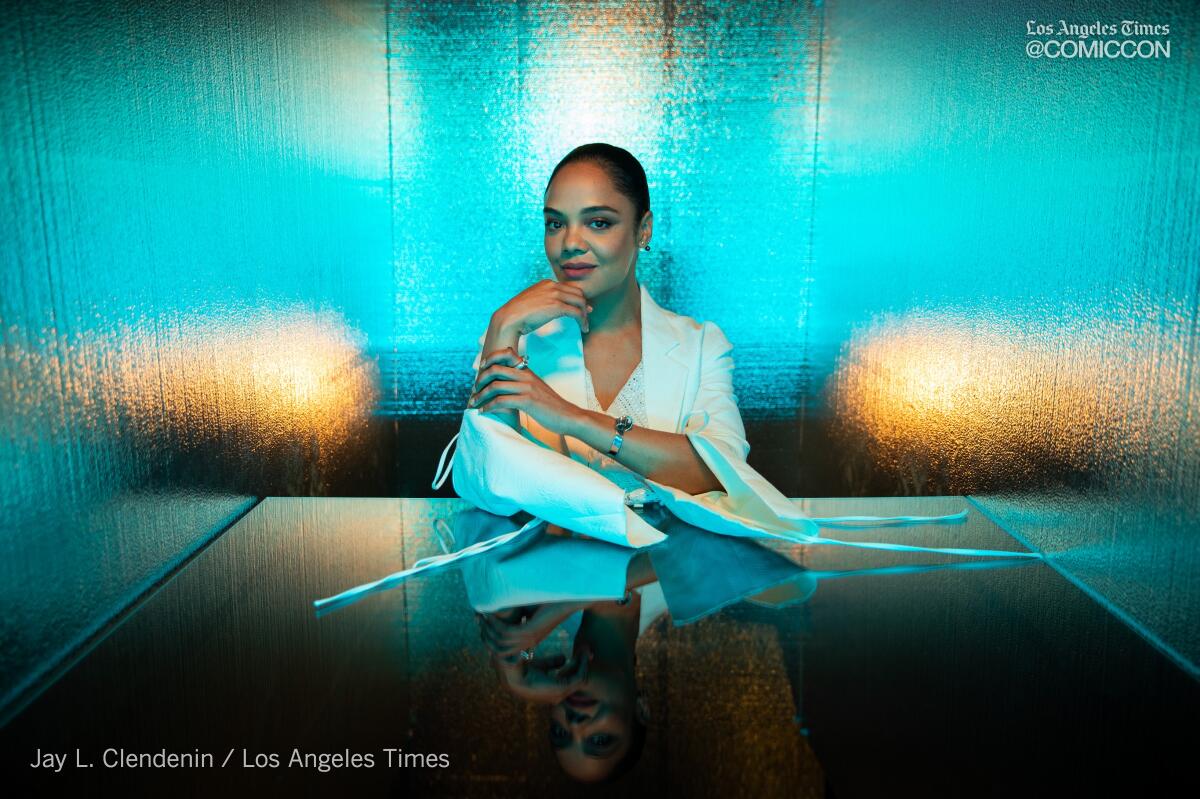
Algorithmic determinism — what Nolan, despite working on an HBO series, calls “the Netflix effect” — also came under discussion at the panel. Nolan put it like this:
“Netflix tells you what you want to watch next, right? Some big algorithm in the sky that watches what you watch and decides that you’re going to watch manga the rest of the night. So just picture that applied to every part of your whole life.”
So, is algorithmic determinism the basis of futurism?
Webb explained: “I hope not! Algorithmic determinism is more about humans assigning tasks to systems that automatically make decisions and choices for us according to their programmed code. Once I clicked on a tweet about the band Phish. Ever since, Twitter’s algorithm decided that I must be a huge Phish fan. For weeks it spammed my feed with concert photos. Nothing against the band — I used to listen to them in college — but I just don’t need or want all that information. That’s a good example of algorithmic determinism.”
For Webb, “Westworld” is a TV show that illustrates what futurists should be doing today.
“A while back, Google unveiled AutoML, a neural net that can build its own ‘children’ to perform certain tasks,” she said. “‘Westworld’ spins out these ‘what-if’ scenarios many, many degrees — which is exactly what we do as futurists. We should all be asking what happens when just a few people build AI systems that will in turn build their own progeny.”
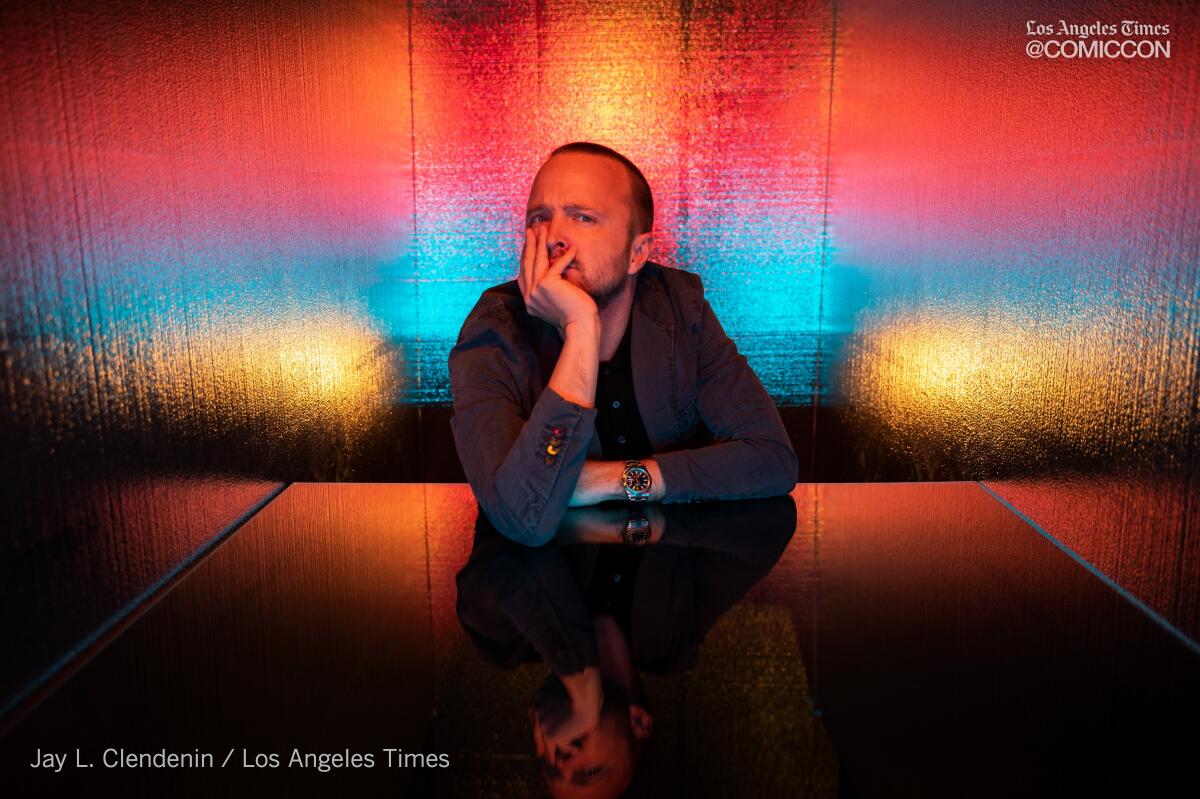
Of course, HBO’s drama series, slated to return in 2020, isn’t the only entertainment out there that can give viewers a glimpse of what could be for humanity, and Webb has some favorites.
“Given our current circumstances, there are several shows, movies and books that describe plausible futures. The ‘Nosedive,’ ‘National Anthem’ [and] ‘Entire History of You’ episodes of ‘Black Mirror.’ The beginning of Season 2 of ‘The Handmaid’s Tale’ — especially when we flash back in time to when really horrible decisions were made about women’s rights, LGBTQ rights and the environment — feel especially prescient. Spike Jonze’s movie ‘Her’ explores social isolationism in a world dominated by AI that can learn from us. ‘American Gods’ forces us to confront a future in which we put all of our faith in big tech and media companies — that feels like a blueprint, doesn’t it? My favorite graphic novel series is ‘The Watchmen’ and I still think it resonates — I’m very excited to see how showrunner Damon Lindelof advances the original work when it debuts on HBO this year. I hate to spoil ‘The Arrival’ for anyone who hasn’t seen it yet, but I thought the ending offered an optimistic view on the future of humanity, that we might still have the ability, and the desire, to put others before ourselves.”
More to Read
The complete guide to home viewing
Get Screen Gab for everything about the TV shows and streaming movies everyone’s talking about.
You may occasionally receive promotional content from the Los Angeles Times.
